A study reveals sex differences in experimental liver cirrhosis
Researchers at IGTP have led a study that evaluates, for the first time, the difference between sexes in advanced liver disease in a rat model. The study has been published in the journal Laboratory Animals and has been conducted at the facilities of the CMCiB.
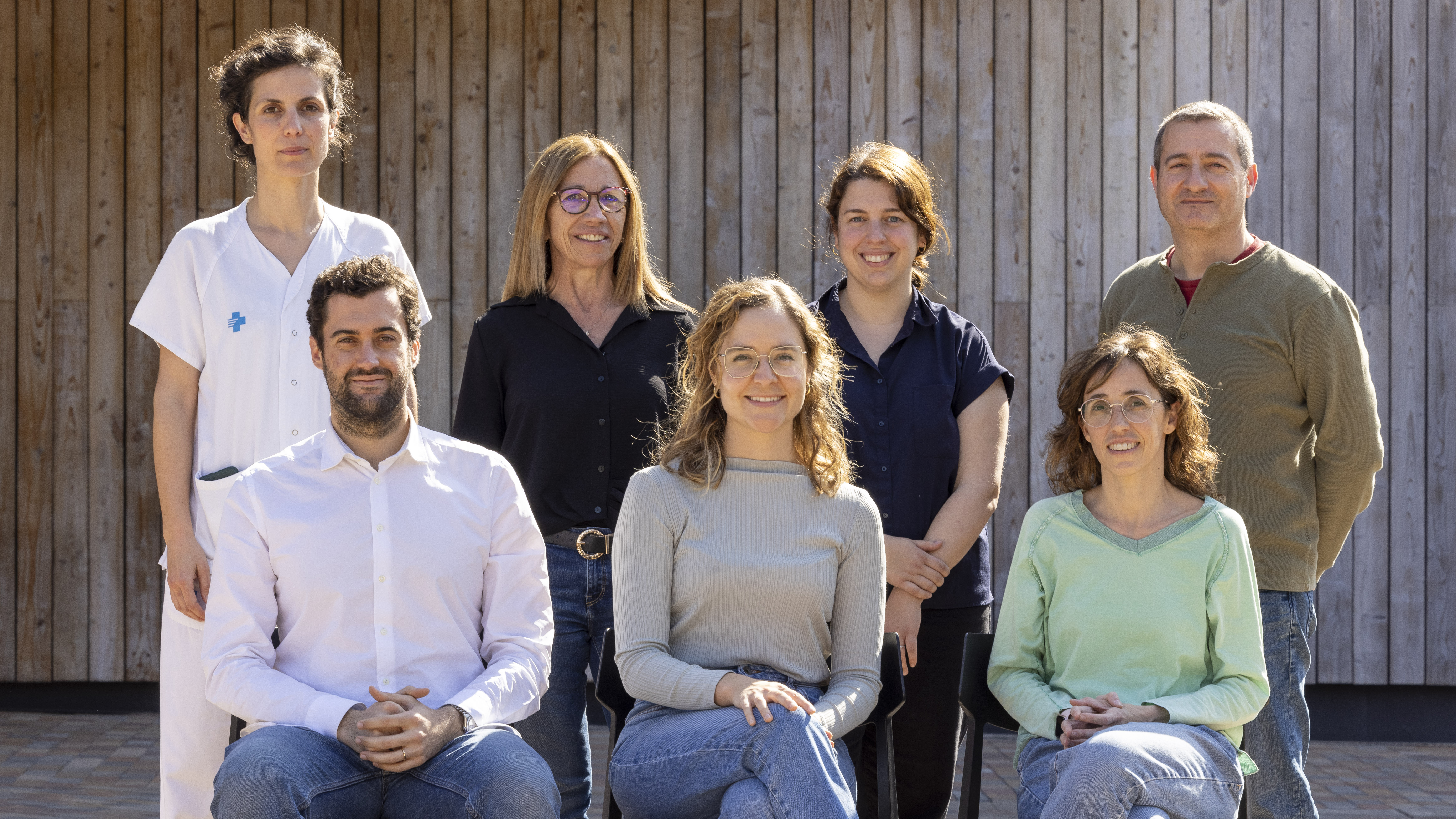

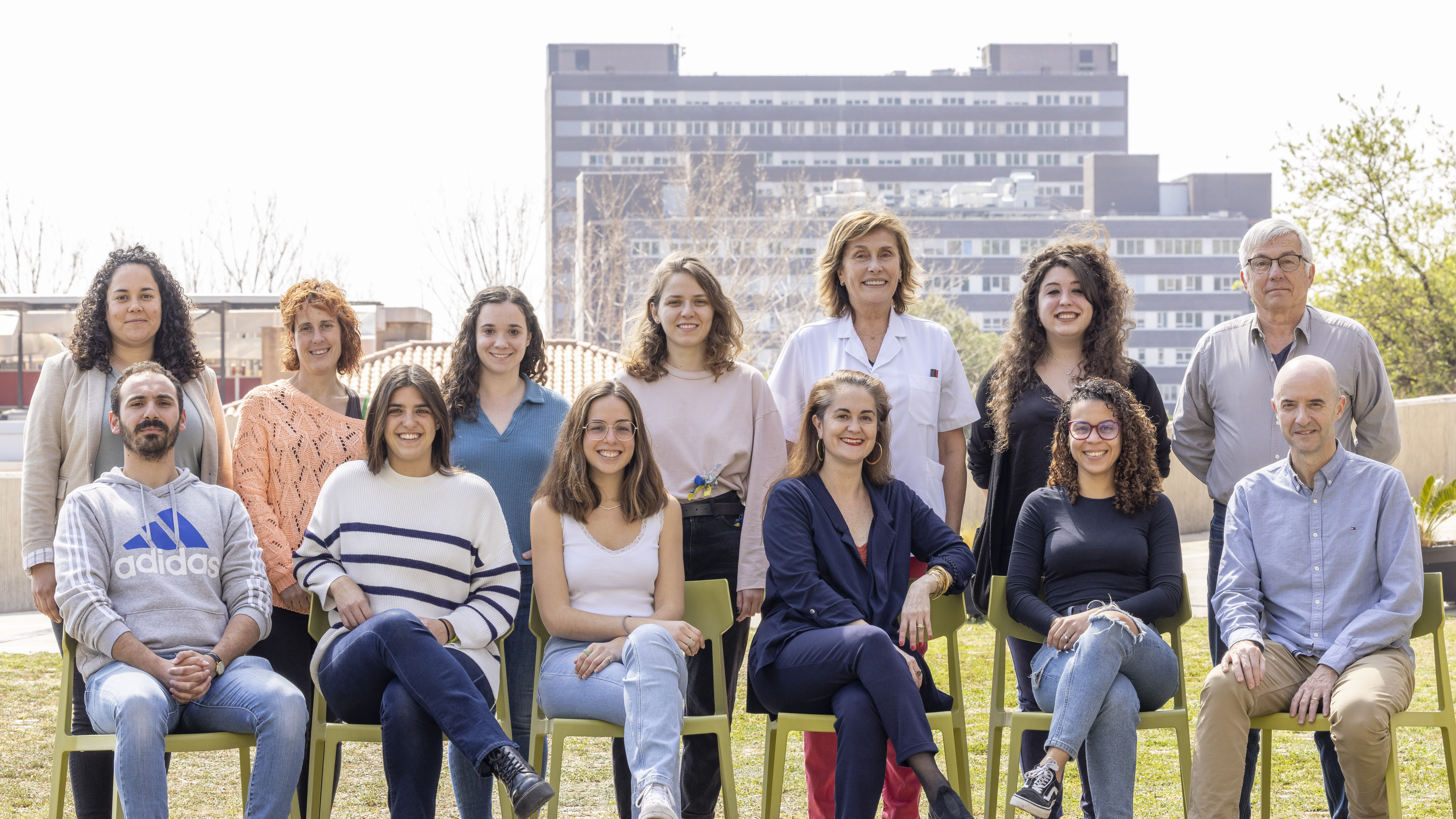
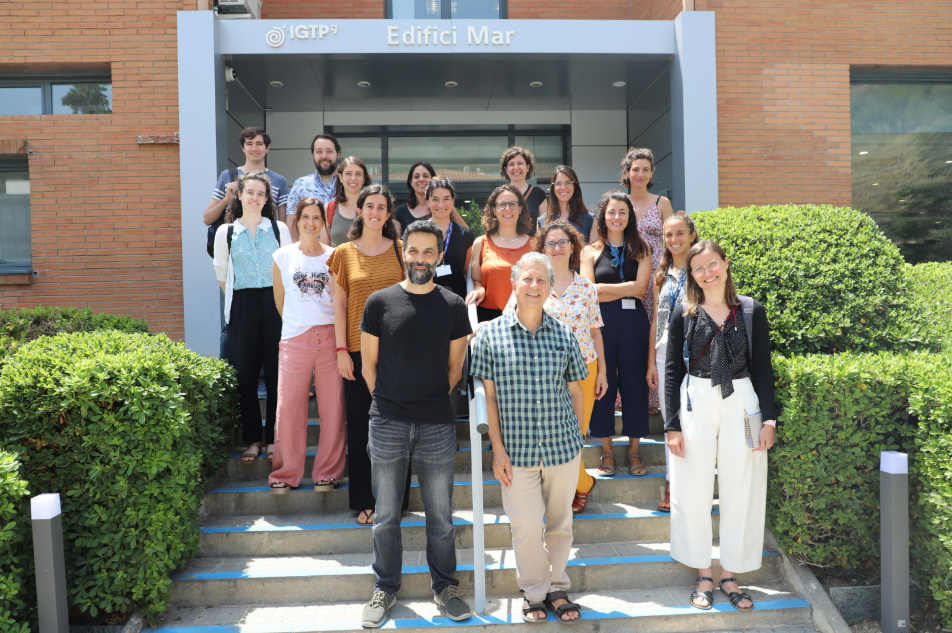
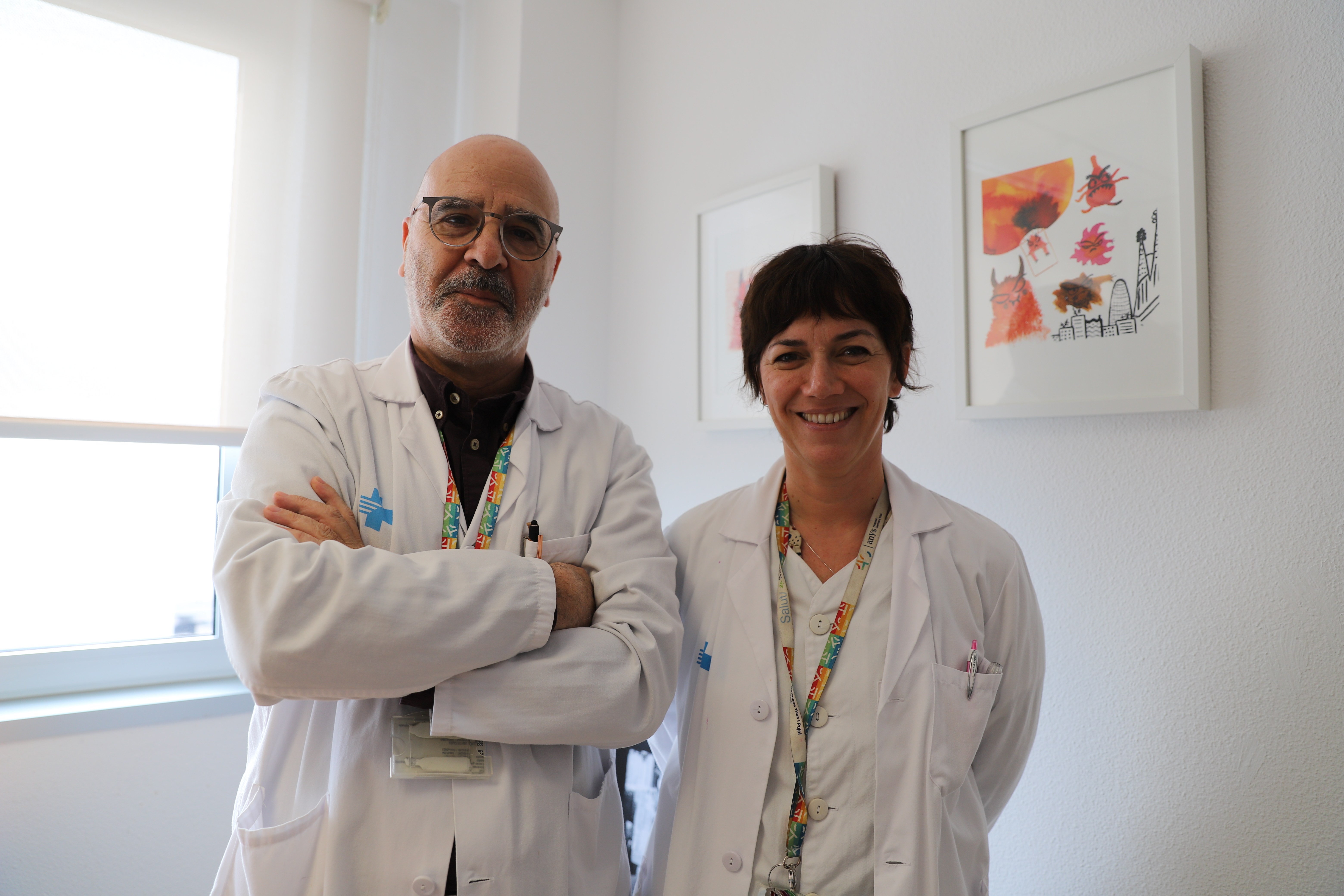
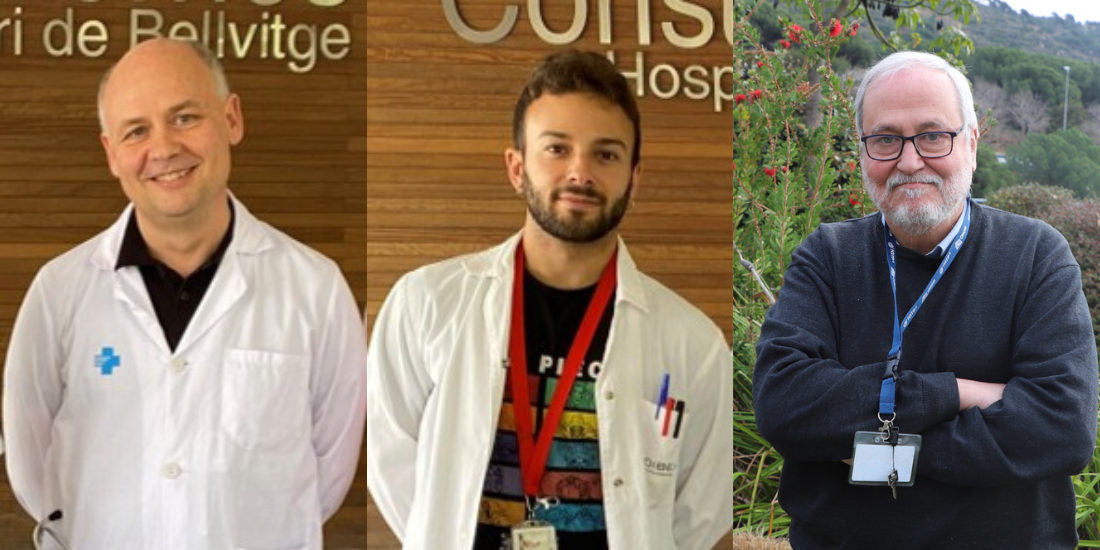
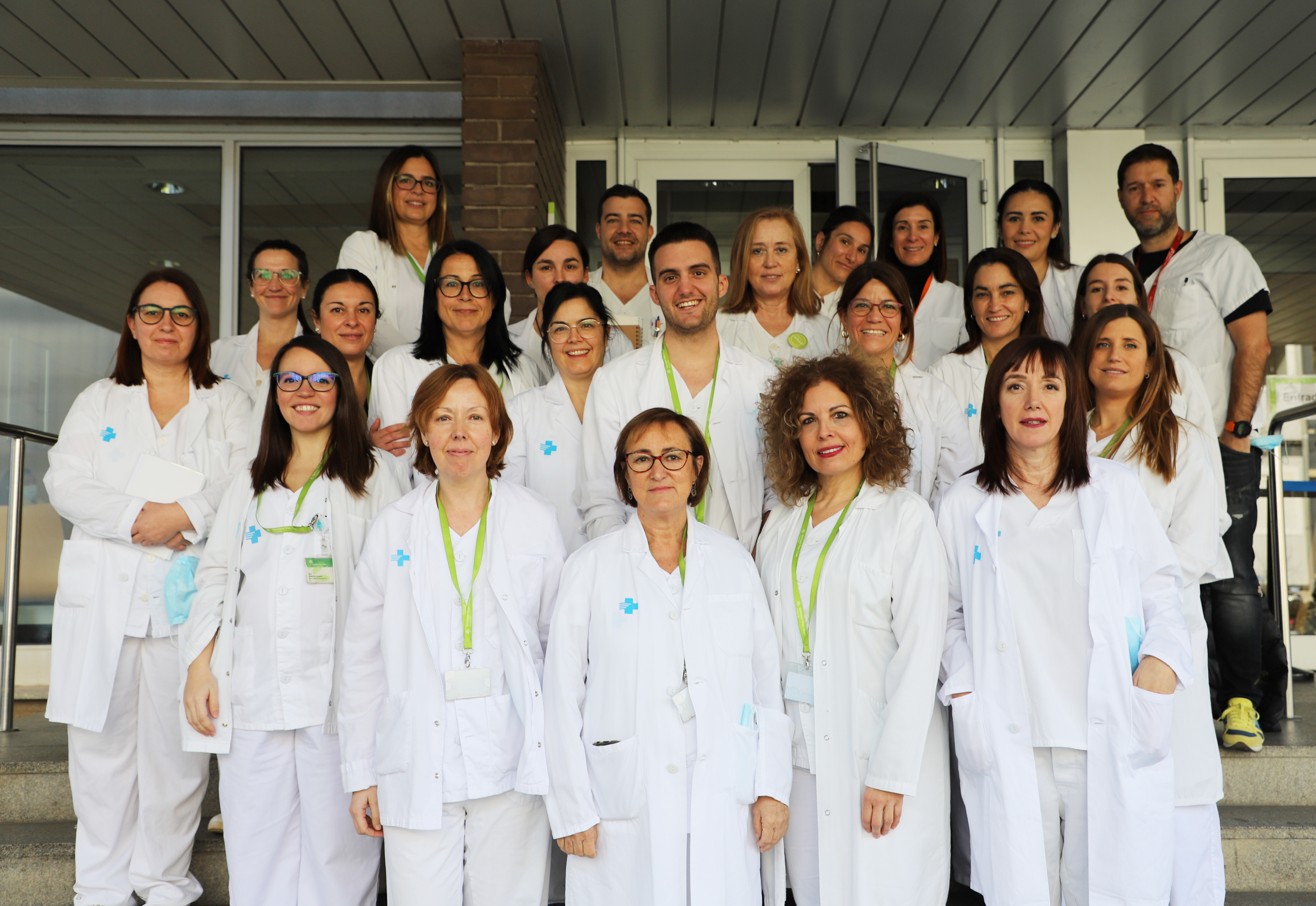

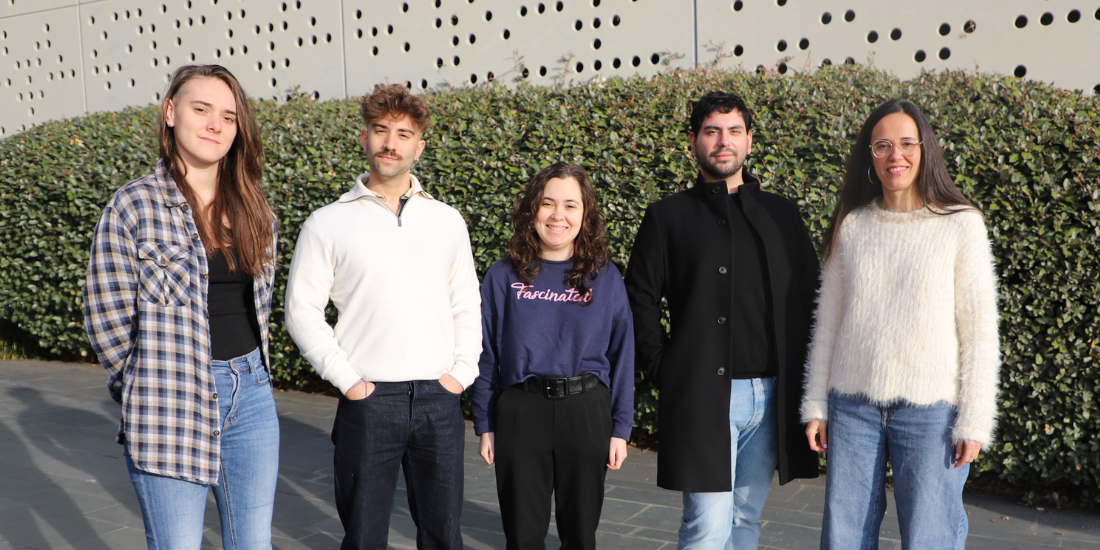
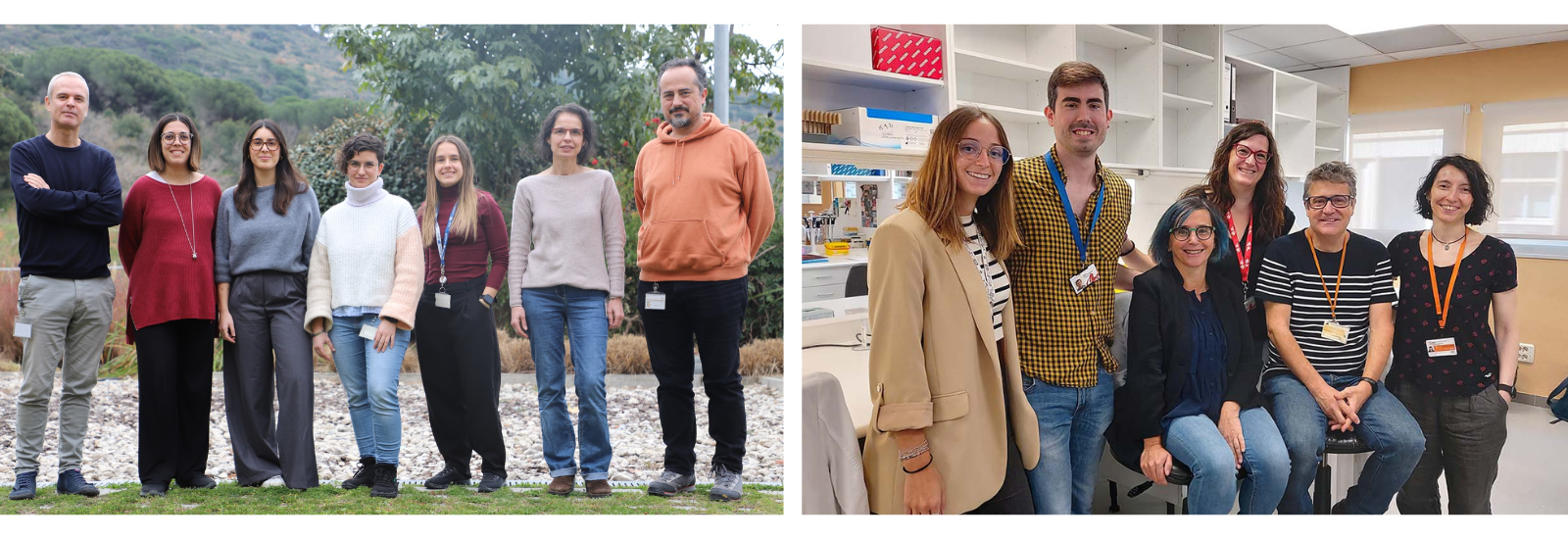
_1733134235.jpg)